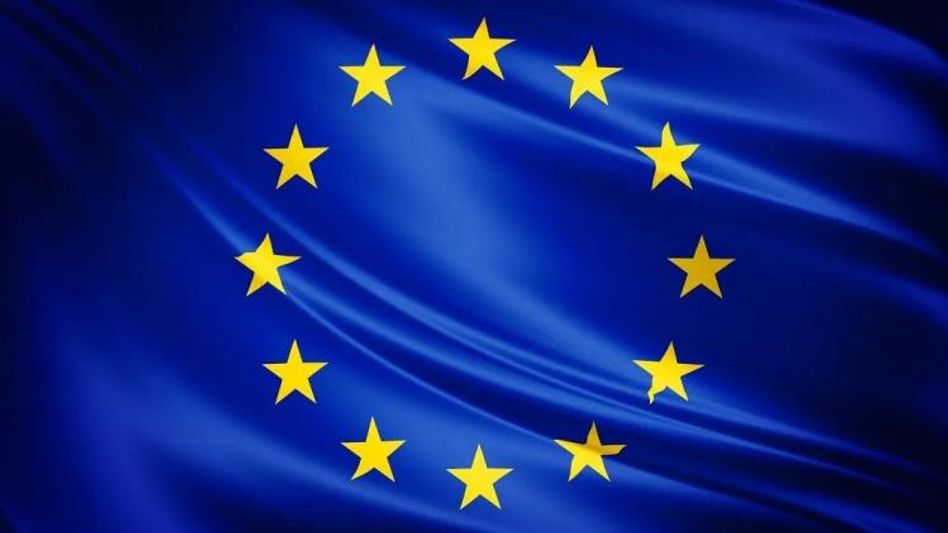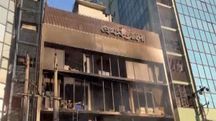European Union approves ninth round of sanctions against Russia
A ninth round of sanctions on Russia was approved by the European Union ambassadors, as they accepted a €18 billion aid package for Ukraine on 15 Dec.
 EU approves sanctions against Russia
EU approves sanctions against Russia The ninth round of sanctions on Russia was approved by the European Union ambassadors, as they accepted a €18 billion aid package for Ukraine on 15 Dec.
The ambassadors finalized the new sanctions package at the conference of EU leaders in Brussels.
The final text will be first sent to all the EU capitals and will be formally endorsed by them. It is expected to be released on 16 Dec.
The Commission's recommendation, which was made public, last week, called for the asset freezes and travel bans to be applied to 200 more Russian people and organizations.
These include government ministers, lawmakers, regional governors, political parties, and entities including the armed forces.
They will join the 1,241 people and 118 organizations that have already been blacklisted.
Additionally, it planned export controls on goods like chemicals, nerve agents, electronics, and IT components that could be used by the armed forces, as well as parts for unmanned aerial vehicles like drones.
It also targeted the Russian defense industry, additional Russian banks, and the mining industries.
A legal clause, already present for sectoral sanctions, is anticipated to be included in the final text of the new package to address the naming of people and businesses.
An EU diplomat claimed that the purpose of this phrase is to provide EU businesspeople the legal assurance that they can work with significant food and agriculture enterprises owned by sanctioned oligarchs as long as they were already exporting when Russia began its invasion.
To fund the aid and loan it to Kyiv at a highly concessional rate the EU will raise common debt, a proposal that initially met resistance from Hungary.
Copyright©2025 Living Media India Limited. For reprint rights: Syndications Today








